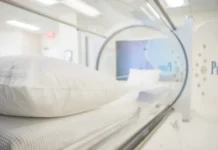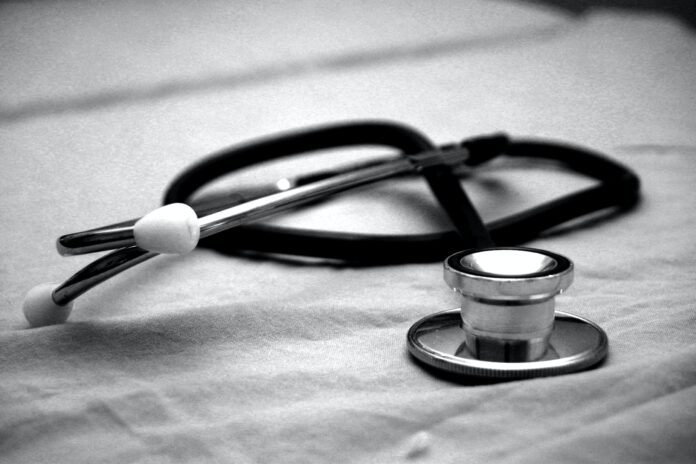
Almost 3,000 people were killed in the terrorist attacks on September 11, 2001. Nearly 20 years after these events, countless first responders and survivors continue to battle health problems that have compromised their quality of life.
For as long as nine months after the attacks, residents were exposed to toxic dust from the wreckage—leading many to be diagnosed with respiratory illnesses, disorders, and other conditions.
Today, hundreds of victims continue to enroll in the World Trade Center Health Program each month to report new diagnoses. According to the CDC, here are the 10 most common health conditions certified by the WTC Health Program.
1. Chronic Rhinosinusitis
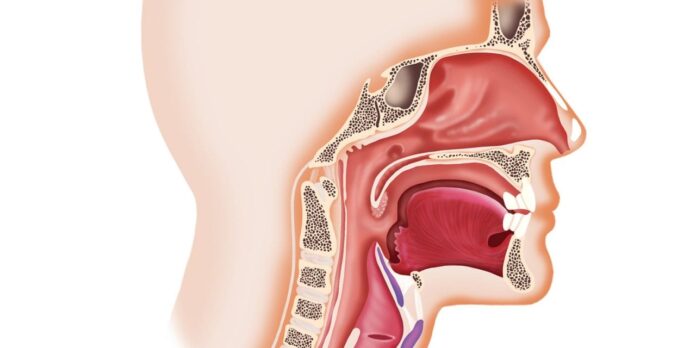
Chronic rhinosinusitis is the most common condition that has been linked to the September 11 attacks. This condition occurs when the lining of the sinuses is infected or irritated, and as a result, the sinuses generate an excess of mucus.
Rhinosinusitis is a temporary infection that can last for as little as 10 days or as long as one month. When symptoms last for more than 12 weeks, however, the condition is known as chronic rhinosinusitis.
Some of the most common symptoms of chronic rhinosinusitis are nasal congestion, mucus discharge, facial pressure or pain, and a decreased ability to smell.
2. GERD
Gastroesophageal Reflux Disease, often referred to as GERD, seems to affect the second highest number of 9/11 first responders and survivors, according to the CDC’s current data.
While many people may experience an occasional bout of acid reflux—typically after a large meal, or after eating spicy or acidic foods—those who suffer from GERD experience acid reflux one or more times per week.
GERD’s most common symptoms include chest pain, heartburn, difficulty swallowing, and regurgitation. When acid reflux occurs during the night, those with GERD may also experience disturbed sleep, coughing, and cases of laryngitis.
3. Cancers
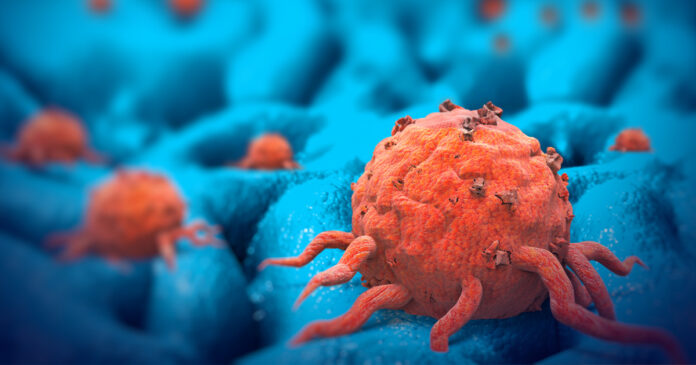
Non-melanoma skin cancer, prostate cancer, breast cancer, and melanoma of skin lead the list of cancers that have been certified by the WTC Health Program, but there are also many other types of cancer that have been linked to the events of 9/11.
Soft tissue cancer, for example, is a rare type of cancer that grows in the muscles, bones, fat, and deep layers of skin. 9/11 benefit claim law firms, such as Hansen & Rosasco, LLP, are working to help survivors file Victim Compensation Fund (VCF) claims and receive the funds they desperately need for treatment of this disease.
4. Asthma
Asthma is a relatively common condition that affected an estimated 262 million people in 2019 alone.
While the majority of these cases are either mild or manageable, the condition can also be deadly—typically, when a life-threatening asthma attack strikes and the individual doesn’t have assistance.
This long-term respiratory condition occurs when the airways to the lungs become inflamed, and as a result, constricted. This often leads to shortness of breath, the condition’s most common symptom; but other symptoms include chest pain, chest tightness, coughing, and wheezing.
5. Sleep Apnea
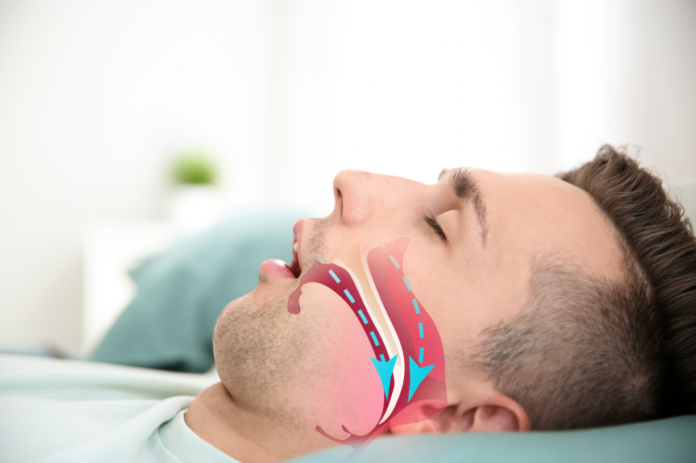
Sleep apnea is yet another respiratory condition that is observed in 9/11 survivors. Its most common form—obstructive sleep apnea—occurs when the throat muscles relax and partially block the individual’s airway.
As a result, the most common symptom of sleep apnea is snoring. While a case of sleep
apnea is not automatically a cause for alarm, those who have sleep apnea should consult a doctor.
If sleep apnea is persistent and continues to be neglected, it can lead to other complications, cardiovascular issues, and even death.
6. PTSD
Posttraumatic stress disorder, commonly known as PTSD, is not a respiratory illness, but rather a psychiatric disorder. It typically occurs in individuals who have either experienced or witnessed violent or traumatic events—such as the terrorist attacks on September 11.
Symptoms vary from person to person but some of the most common symptoms include flashbacks, nightmares, distressing memories, emotional distress, and suicidal thoughts.
What’s more, PTSD is often paired with other mental health disorders, such as anxiety, depression, and insomnia.
7. Chronic Respiratory Disorder
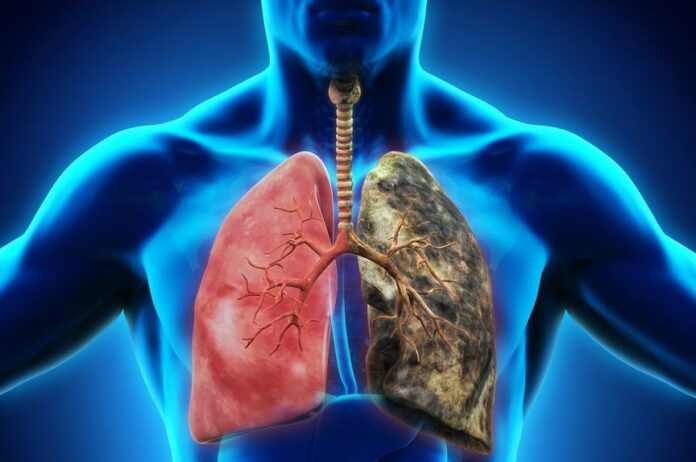
Beyond asthma, there are many 9/11 first responders and survivors who suffer from other chronic respiratory disorders—diseases that affect the function of the airways and lungs.
Commonly known as CRDs, these diseases result in approximately 3 million deaths every year. While these diseases aren’t curable, there are many different types of treatment that can be used to manage symptoms and enhance the victim’s quality of life.
8. WTC-Exacerbated COPD
For some who were present during the 9/11 attacks, existing conditions were made worse by the toxic chemicals and fumes that were released in the exposure zone.
WTC-exacerbated chronic obstructive pulmonary disease (COPD) is now among the more common health conditions to be recognized by the WTC Health Program.
COPD is an umbrella term that is used for one or more inflammatory lung conditions, such as chronic bronchitis or emphysema. Symptoms vary but often include shortness of breath, coughing up mucus, tightness in the chest, and fatigue.
9. Anxiety

Witnessing or experiencing an event as traumatic as the September 11 attacks can cause victims to develop anxiety disorders.
Anxiety is a broad term that covers multiple emotional and mental conditions, including panic disorder, illness anxiety disorder, and obsessive-compulsive disorder (OCD).
While different disorders yield different symptoms, some of the most common symptoms of an anxiety disorder include restlessness, increased heart rate, difficulty sleeping, numbness, shortness of breath, and general fear or apprehension about the future.
10. Major Depressive Disorder
Major depressive disorder, which is often casually referred to as depression, is one of the most common mood disorders—and one that rounds out the top 10 most common health conditions that are certified by the WTC Health Program.
Major depressive disorder can be difficult to identify, as even the average person may experience a season of depression or sadness. Clinical depression, however, is an ongoing condition that typically requires long-term treatment.
Those who battle clinical depression may exhibit symptoms such as feelings of hopelessness or guilt, lack of energy, loss of interest in hobbies, difficulty concentrating, suicidal thoughts, physical pains, or others.



